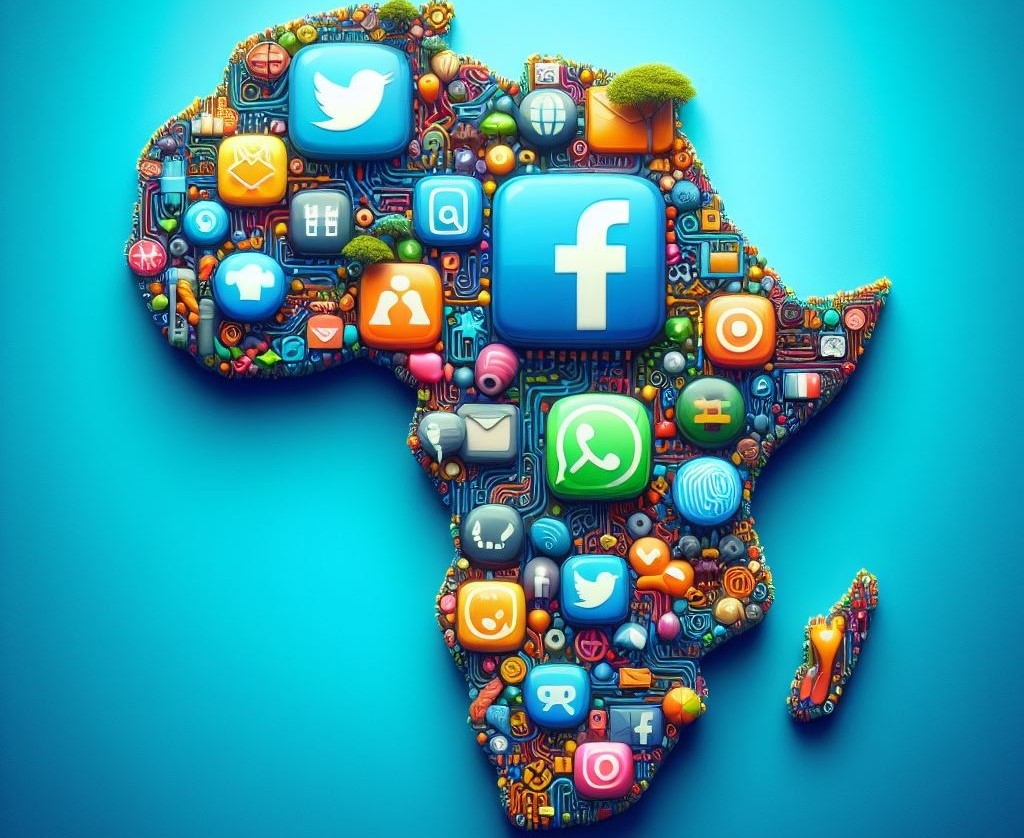Africa News
Africa returns to social media roots
Fascinating trends are reshaping social networks across the continent, Aleph country head STEPHEN NEWTON tells ARTHUR GOLDSTUCK.
Share
- Click to share on Twitter (Opens in new window)
- Click to share on Facebook (Opens in new window)
- Click to share on LinkedIn (Opens in new window)
- Click to email a link to a friend (Opens in new window)
- Click to share on Reddit (Opens in new window)
- Click to share on WhatsApp (Opens in new window)
- Click to share on Pinterest (Opens in new window)
Social media networks have become so ingrained in our daily lives, we tend to forget that the phenomenon is only 15 years old in terms of mainstream use. We also tend to forget that, for almost all of the most popular social networks, aside from Twitter, the early users were teenagers or students.
As social media normalised across age groups, the apparent generational barriers vanished towards the end of the last decade. Ironically, it was replaced by a sense that the youngest users were abandoning the traditional platforms for the new – first Instagram, then Snapchat and now TikTok. It’s obvious that these will also eventually become “old”, and the next young thing will take over.
For now, however, a startling phenomenon is occurring across Africa: the continent is restoring the youth market to social networks. At least, that is the view of Stephen Newton, MD for sub-Saharan Africa of Aleph Holding, an ad agency that dominates social media advertising in emerging markets. It gained that same position in South Africa a year ago when it acquired local leader Ad Dynamo.
The company partners with leading digital platforms such as Facebook, Twitter, LinkedIn, TikTok and Snapchat, with the aim of giving them “access to new geographies and under-served markets through its complementary suite of digital media service companies”. It has a presence in over 70 markets globally.
It is expecting rapid expansion across Africa, says Newton, not least because the continent has “such a young population”.
“We have 1.8-billion people on the continent, rising to maybe double that size in the next two years. And, of course, that doubling will be under the age of 18.”
But as opposed to the stereotype of Africa as a deprived continent, he says, this will be the most digitally enabled youth population yet.
“They have affordable devices, affordable data, locally relevant content, ubiquitous payment mechanisms, and trusted delivery mechanisms. This younger population, which will be one of the largest youth populations in the world, as a continent is poised to become number one, maybe number two to Southeast Asia, in social media growth. We’re certainly not seeing signs of stagnation in that area. “
Newton says the overall social media profile of the continent is shifting as country dynamics change.
“We always know about Nigeria, South Africa, Kenya, but countries like Ethiopia are starting to come on board and with a population size that probably rivals Nigeria. I’ve been there quite recently. It was a country that basically had no data services over a decade ago. And now it’s doing quite well, opening up spectrum.”
In line with its origins in Brazil and a focus on emerging markets, Aleph is also making a contribution to developing skills in its area of speciality across the African continent.
“We have a free platform called Digital Ad Expert and we offer individuals the ability to become certified on at least five of the platforms that we represent. It is a free, in-person online course that is done over three months. When you finish you become certified on those platforms. We encourage young people to have a look at that to make themselves more employable in the future.
“Next year we’re introducing a one-year coding course on the same platform for free.
I think it’s a great opportunity.”
Newton does not try to suggest that Aleph is saving Africa or transforming the arena of youth skills en masse, as tends to be the narrative of Western tech giants, but rather that it is doing what it can to contribute.
“It’s our thing. We’re not rocket scientists. We’re not doctors saving lives, but we do think that we can help people become more employable.”
* Arthur Goldstuck is founder of World Wide Worx and editor-in-chief of Gadget.co.za. Follow him on Twitter and Instagram on @art2gee
Share
- Click to share on Twitter (Opens in new window)
- Click to share on Facebook (Opens in new window)
- Click to share on LinkedIn (Opens in new window)
- Click to email a link to a friend (Opens in new window)
- Click to share on Reddit (Opens in new window)
- Click to share on WhatsApp (Opens in new window)
- Click to share on Pinterest (Opens in new window)
| Thank you for Signing Up |

















